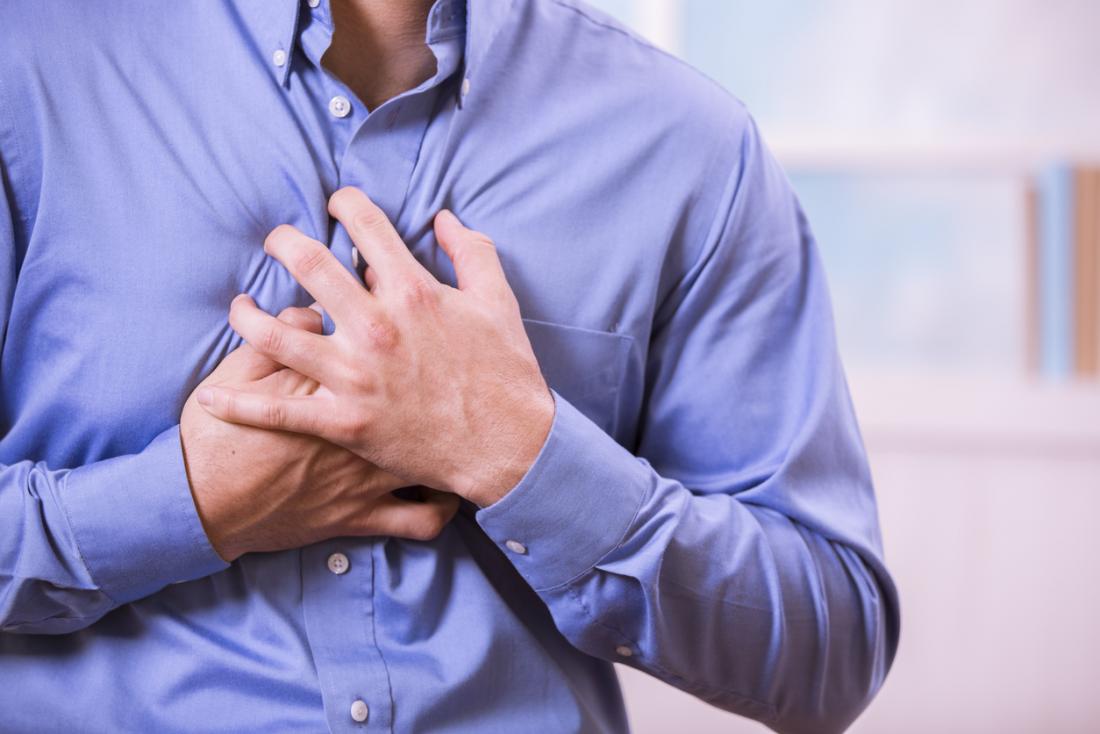An Oxford-led study conducted recently established that over 50%, or 5 out of every 10 COVID-19 patients with a severe infection have a high chance of getting a heart attack day, or weeks after recovery. Many recover, while others succumb. In some of the cases, it has also been witnessed that those who had zero heart risks before contracting COVID-19 reported cardiac issues after recovering from the virus infection.
There was an increased rate of post-COVID heart attacks amongst those who recovered especially during the second wave. Coronavirus is known to cause inflammation in the body can be taxing for the body. It can also affect the heart because of the extensive inflammation and myocardial damage. It directly causes muscle weakness. You get erratic arrhythmias. If you had heart ailments before, you'll feel a severity in your state, and during the stage of recovery, you have to understand, the body's still fighting some level of infection.
What expert has to say
Doctors believe that apart from the viral infection, there are several risk factors and conditions which heightens' one risk for getting a heart attack after recovery. Symptoms and warning signs which patients need to be carefully looking out for:
Sudden chest pain
Sweating, pain around the shoulders or jaws Arrhythmias (Irregular and erratic heartbeat) Sudden palpitations
Blood clotting
Post-COVID-recovery requires a lot of diligent care and support, especially in the first weeks following recovery. If a person has had a severe infection or was hospitalized, there's an acute need for patients to keep up with medications, rest, not exert themselves, and most importantly, avoid heavy-duty tasks for at least a couple of months to heal well.
Given the exponential rise in heart problems seen post-COVID, doctors are now advising patients (those at risk or with comorbidities) to be extremely careful with the workouts they do, manage stress levels, and not rush into resuming normalcy. Anything and everything could be stressful for a weak, inflamed heart, so take proper care, warn doctors.

 A recent study established that over 50% of COVID 19 patients with severe infection has high chances of getting a heart attack
A recent study established that over 50% of COVID 19 patients with severe infection has high chances of getting a heart attack











.jpeg)








.jpeg)





.jpg)


.jpg)



